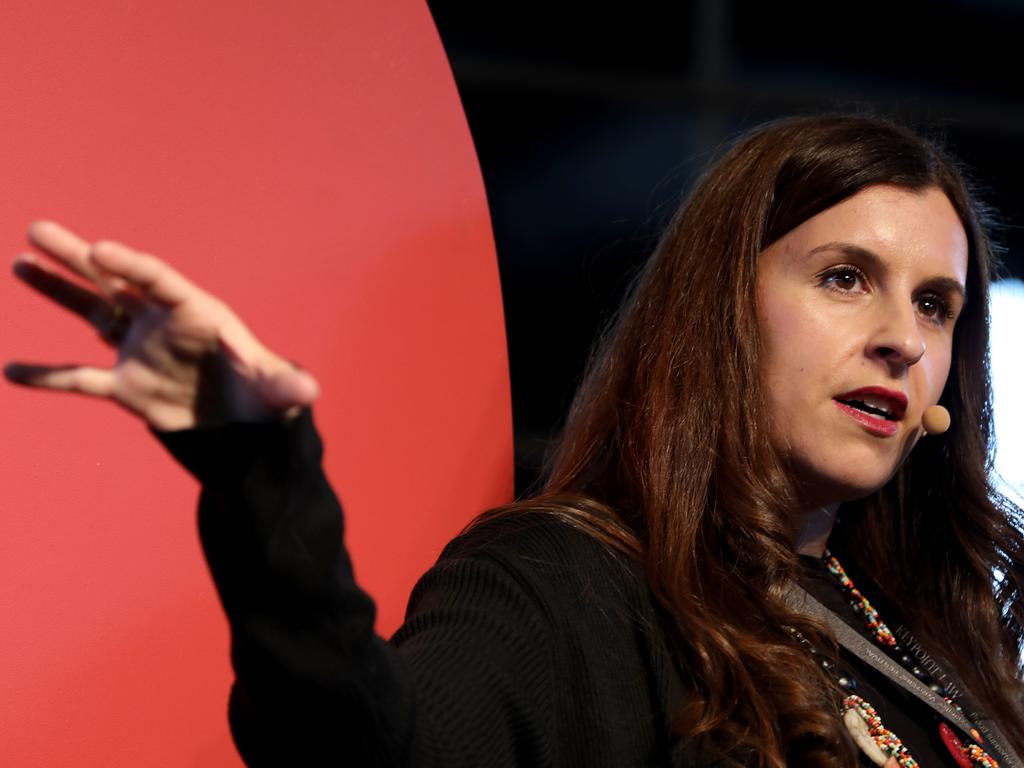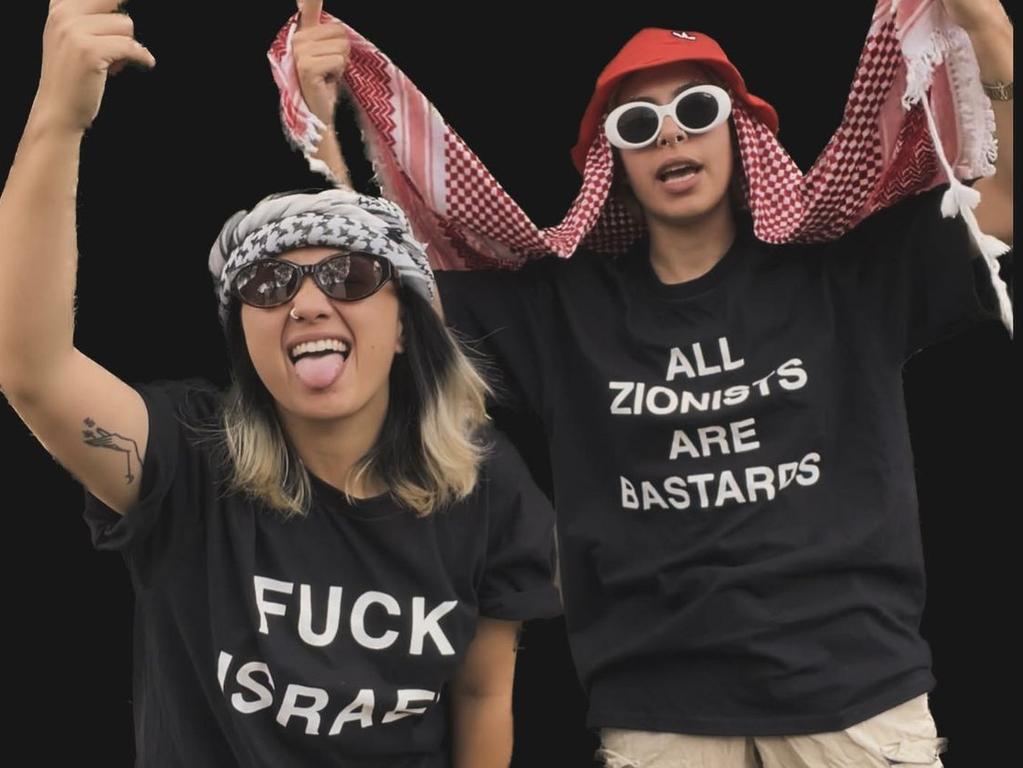Doxxing horror tip of the iceberg of online hate war
I’ve spent more than a decade investigating predator trolling, but nothing prepared me for the cyberhate that followed my doxxing as part of an Australian Jewish WhatsApp group.
In these past few months I’ve been unwittingly caught in the middle of waves of hatred – in both directions – centred on the Israel-Gaza war and an Australian Jewish WhatsApp group.
Maybe you’ve heard about it? Or read articles such as the one that appeared in this newspaper on Thursday, “Doxxing-share chair ‘should be dumped’ ”. It has been all over the news and I’m still getting emails from journalists in Australia and overseas wanting to discuss it.
The entire transcript of that WhatsApp group, of which I was previously a member, was leaked. Then a separate, but related, incident followed. Six hundred and six members of the WhatsApp group were doxxed.
Doxxing is the publication of personal details on the internet with harmful intent. A huge Google spreadsheet was made public online. It meticulously cited our names, professions, places of work and social media handles. Here are all the Jews and where to find them. Chilling.
(And strangely, even after the Google document was taken down due to the careful and insistent work of the eSafety Commission, random people on Twitter demanded I share the document to prove its existence. Be sensible, I countered. Not only is this doxxing now subject to a Victorian police investigation, why would I reshare a document that could harm so many people – including me?)
I’m an (accidental) cyberhate expert. The weird journey to get there all started when my family and I became subject to a massive, international orchestrated online hate event in 2013. This came after a same-sex couple I had interviewed for a story on parenting two years earlier were exposed as pedophiles.
After the hate died down, I started asking questions about who the trolls were. What motivated them? And I’ve been burrowing down that rabbit hole ever since. The headline here is: I spend plenty of time absorbing everything hateful about the internet that causes real-life harm.
Still, until a few weeks ago, I was pretty confident I’d never again experience cyberhate like that. It just seemed too implausible. Obviously, it wasn’t.
“Word has it you’re a heinous Zionist bitch,” the tweet read. This was the first in streams of online hate that started rolling in. Another tweeter – an Australian writer in my own cohort – described me as “two-faced” in one post. She then went on to weaponise personal information about my family. My stomach churned.
In the online hate stakes, using a person’s loved ones in an attempt to harm them is a well-worn tactic. I know this because the predator trolls I was embedded with for years repeatedly told me they’d attack a person at their weakest point. They also told me women were “easier to hurt”.
It didn’t matter that it had been a decade since I’d received waves of predator trolling like this – or that I’d spent the best part of that time investigating predator trolling and fighting to make the internet safer.
My bodily reactions were the same: The hypervigilance. The racing heart. The dizziness. The inability to concentrate or sleep or work. Awake at 2am, 3am, 4am. The panic attacks. The inability to stop thinking about the hateful comments. Playing them over and over like a show reel in my mind. The fear for my family’s safety.
The hope that no one would perpetrate real-life harm on us. I know, perhaps better than anyone, this is a real possibility. Harm that starts online doesn’t always stay online.
Watching myself during this period – almost from outside my own body – experience the mental and physical impacts of being an extreme cyberhate target was surreal. Every symptom I was experiencing were symptoms I write about, speak publicly about, and give workshops about.
The fear of isolation – because when you’re being attacked online, it feels like your reputation is ruined. You are alone. Was I being completely cast out from Australia’s writing community, as it tore itself apart?
I wasn’t just worrying about myself. I was also worried about all the other writers, thinkers and activists from both “sides” who had been drawn into the online hostilities and now also felt – and perhaps, realistically, actually were – unsafe.
Who did all this help? We weren’t stopping the carnage in Israel-Gaza by attacking each other online here in Australia. Despair engulfed me, and I was sleepwalking through the days. Forgetting to eat. Not showering. Nauseous. Awake in the wee hours.
My phone rang off the hook and I couldn’t answer all the calls and messages. I met twice with the federal Attorney-General’s Department about the proposed new anti-doxxing laws and talked the issues through with the eSafety Commissioner, Julie Inman Grant. She told me: “We haven’t seen an online ground war like this one before.”
In regard to legislation, my view isn’t a secret. It’s the social media companies that need to be legislated against. The government and the opposition need to come together to do this – now.
Ginger Gorman is a Canberra-based journalist and the author of Troll Hunting: Inside the world of online hate and its human fallout.







To join the conversation, please log in. Don't have an account? Register
Join the conversation, you are commenting as Logout